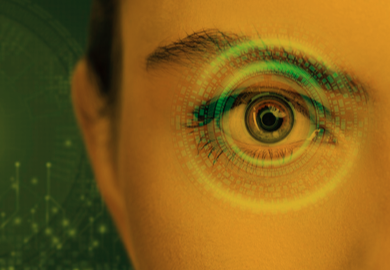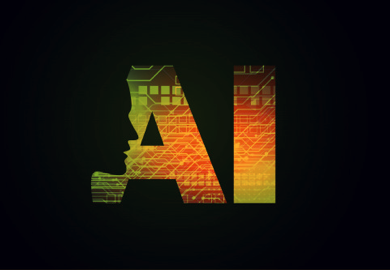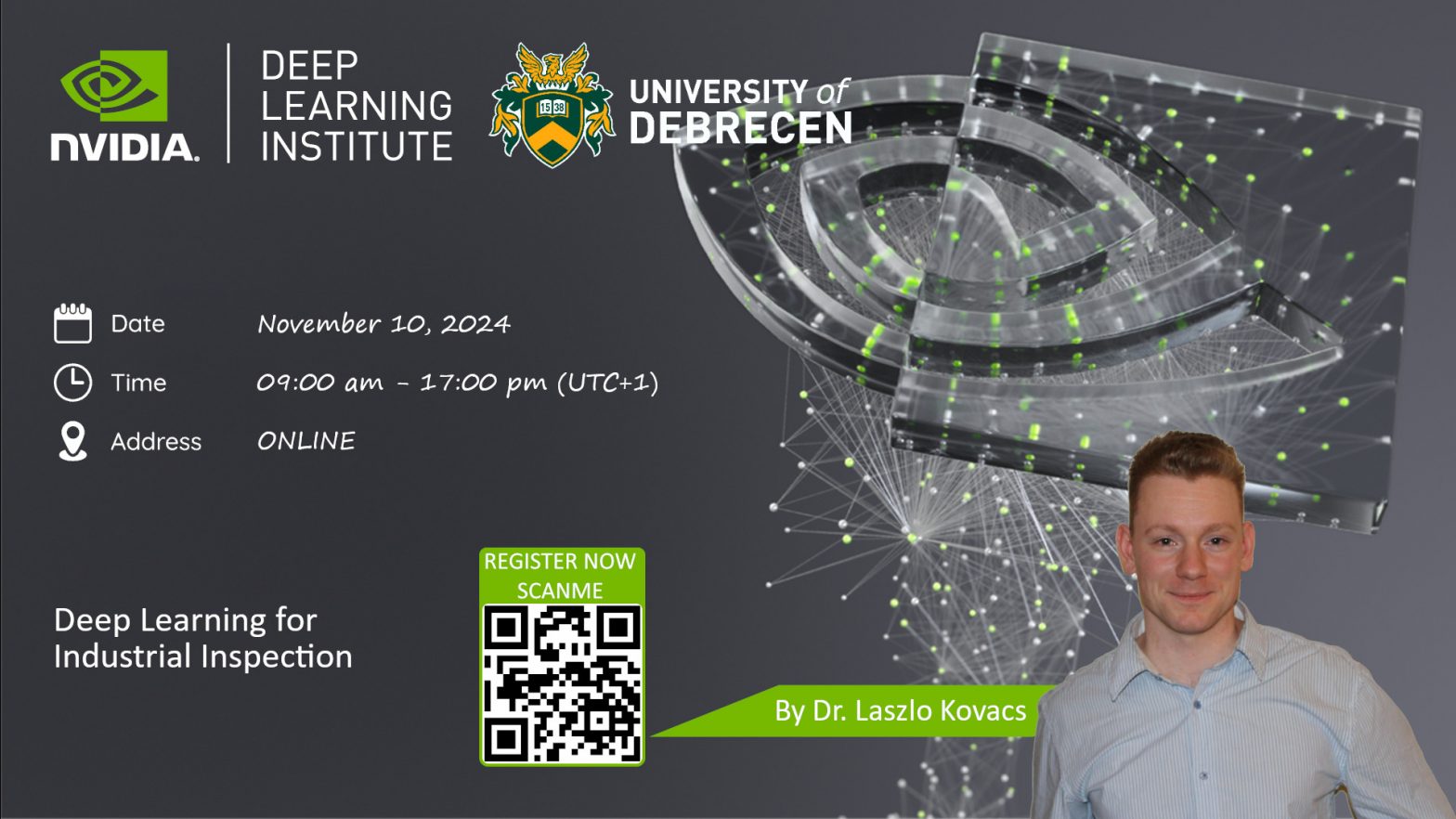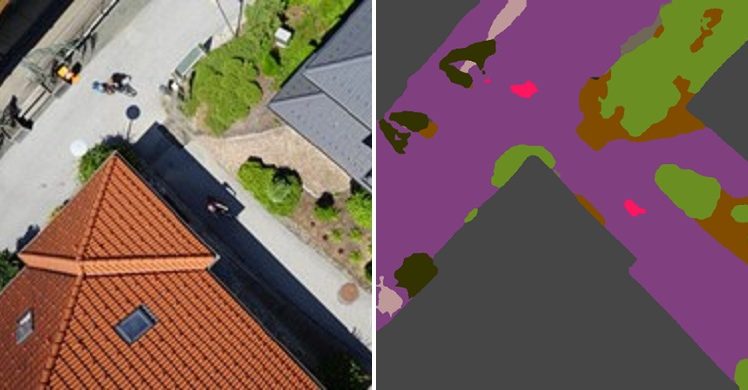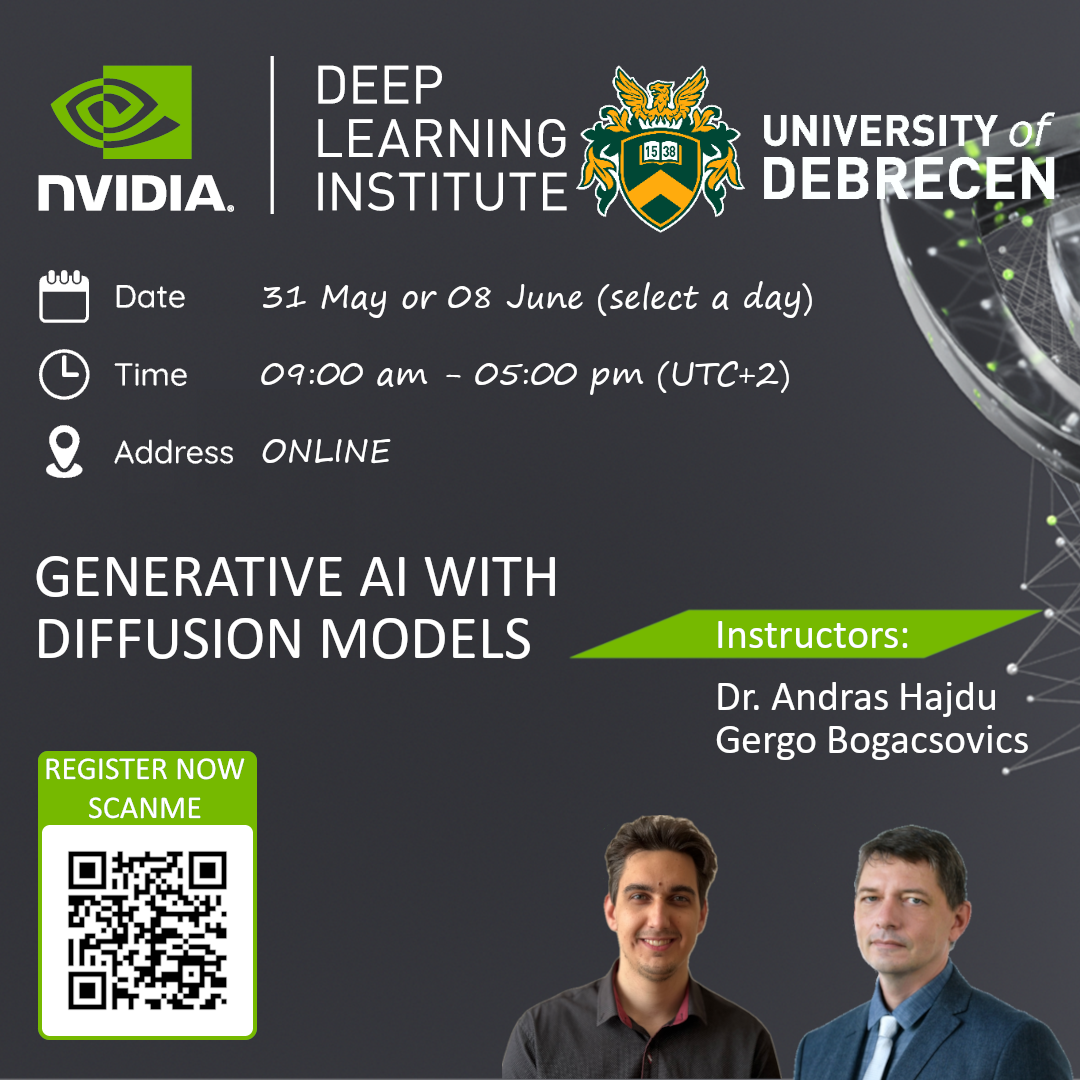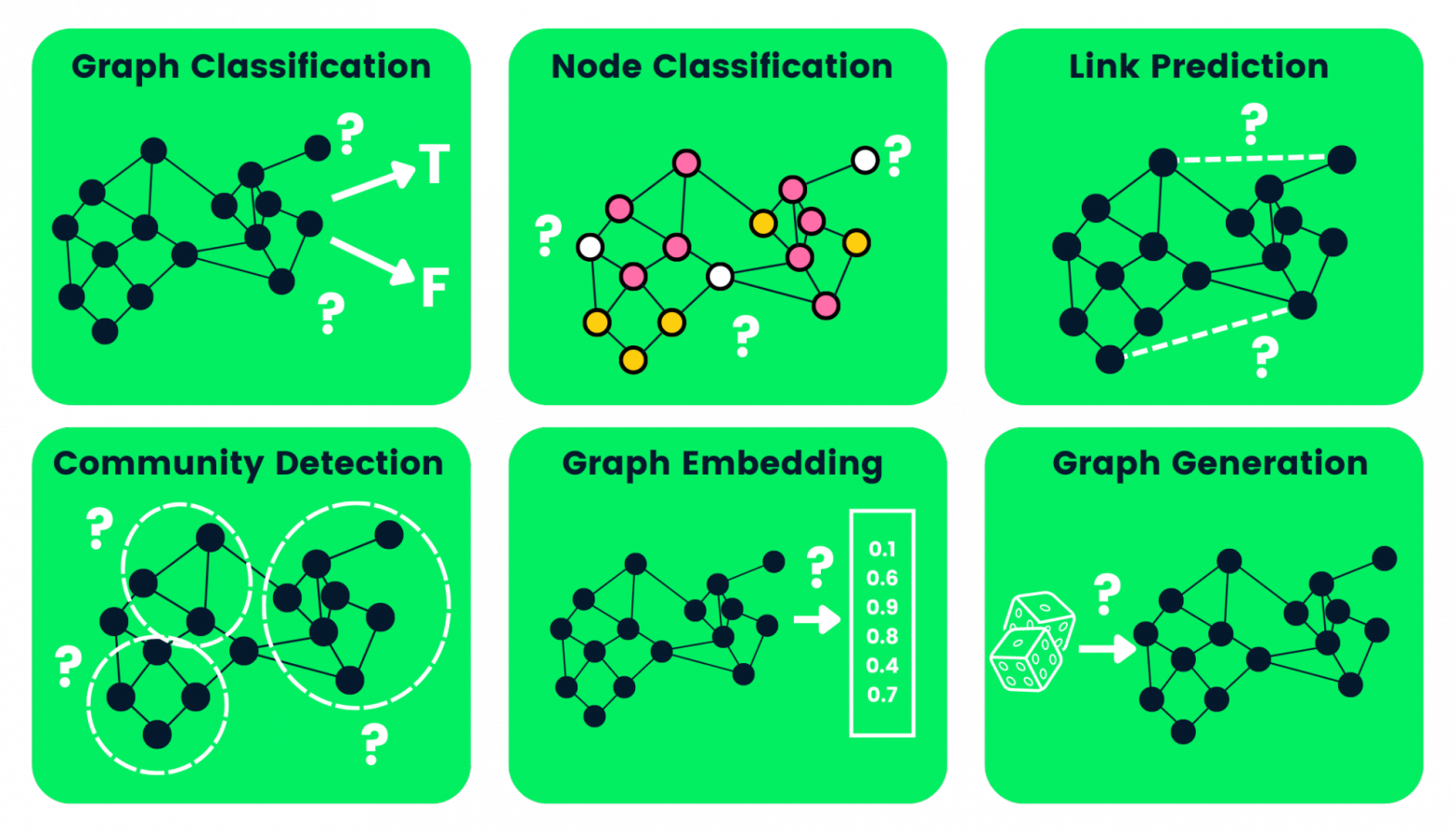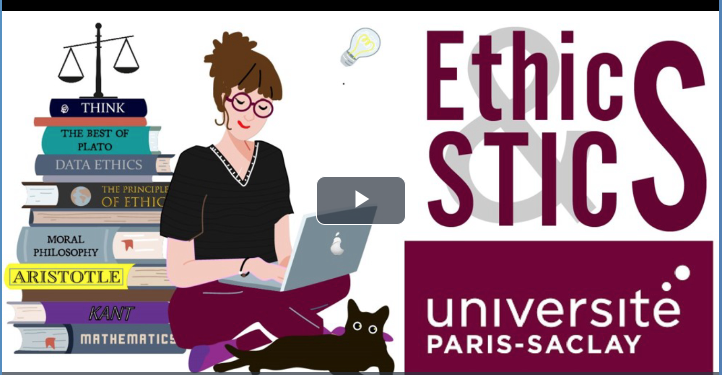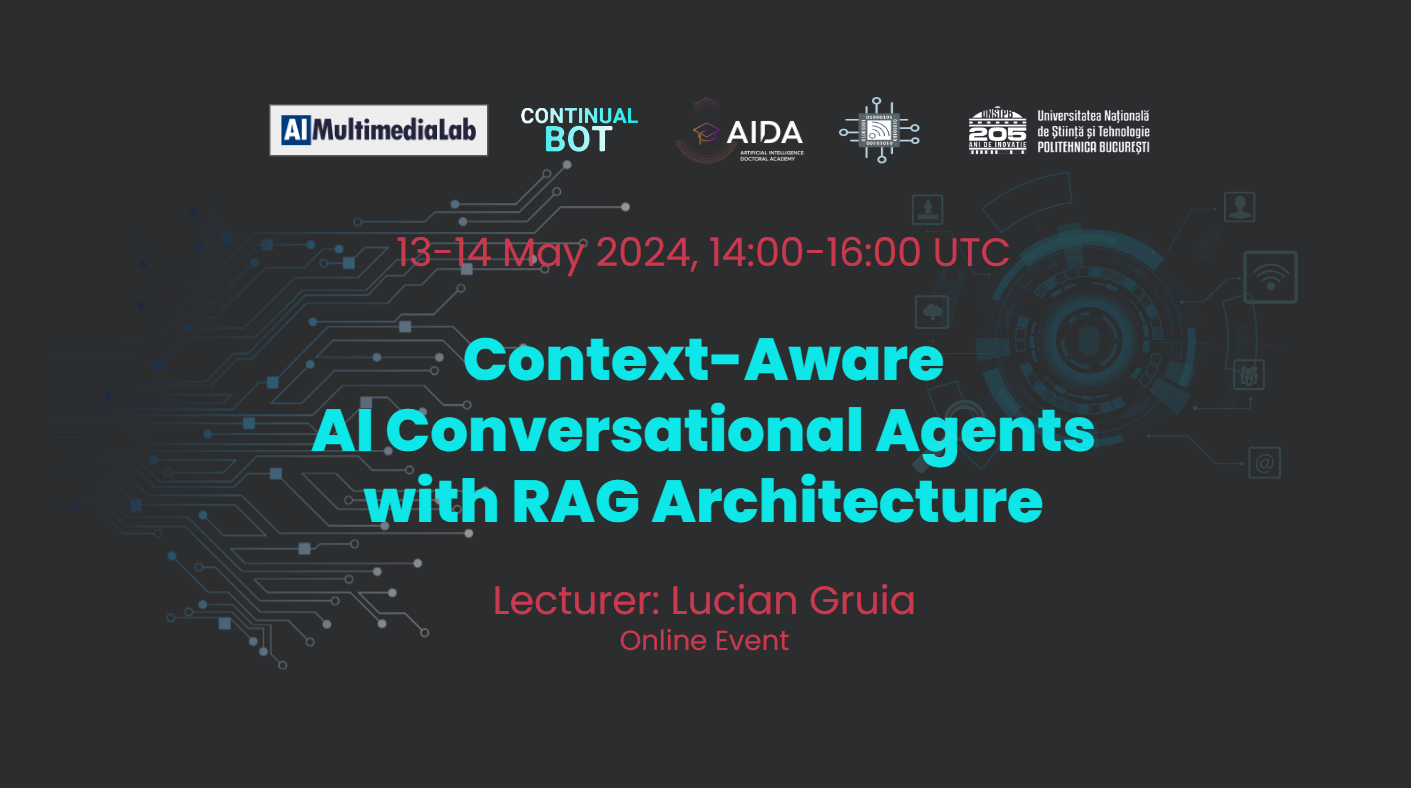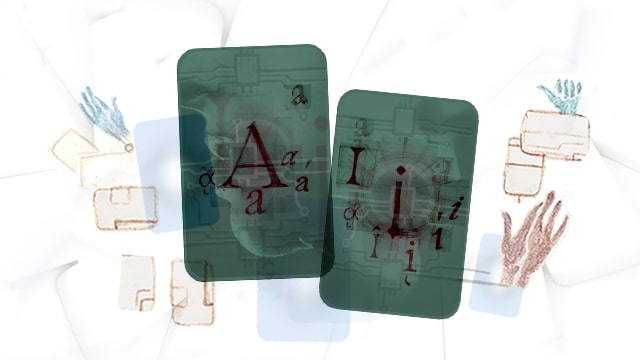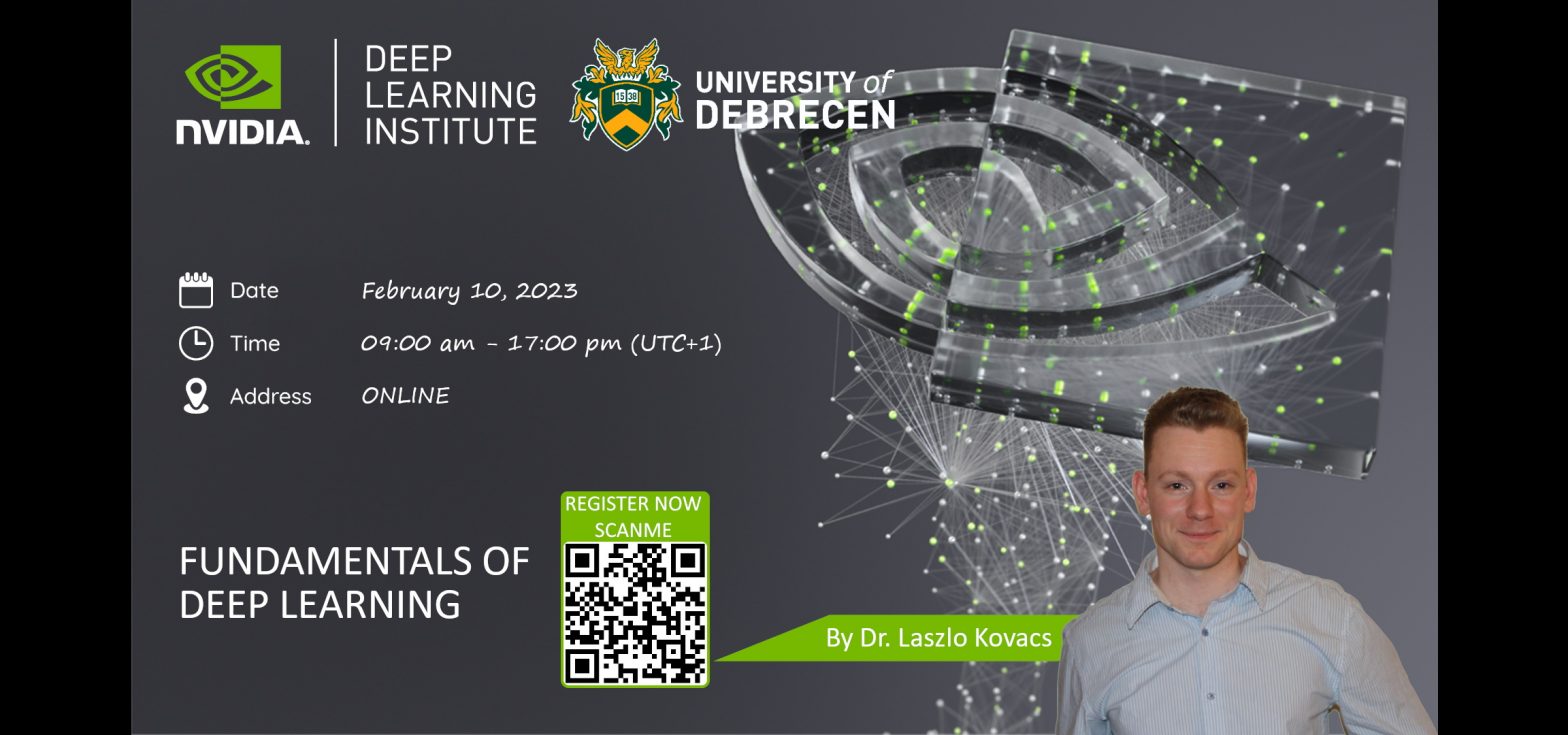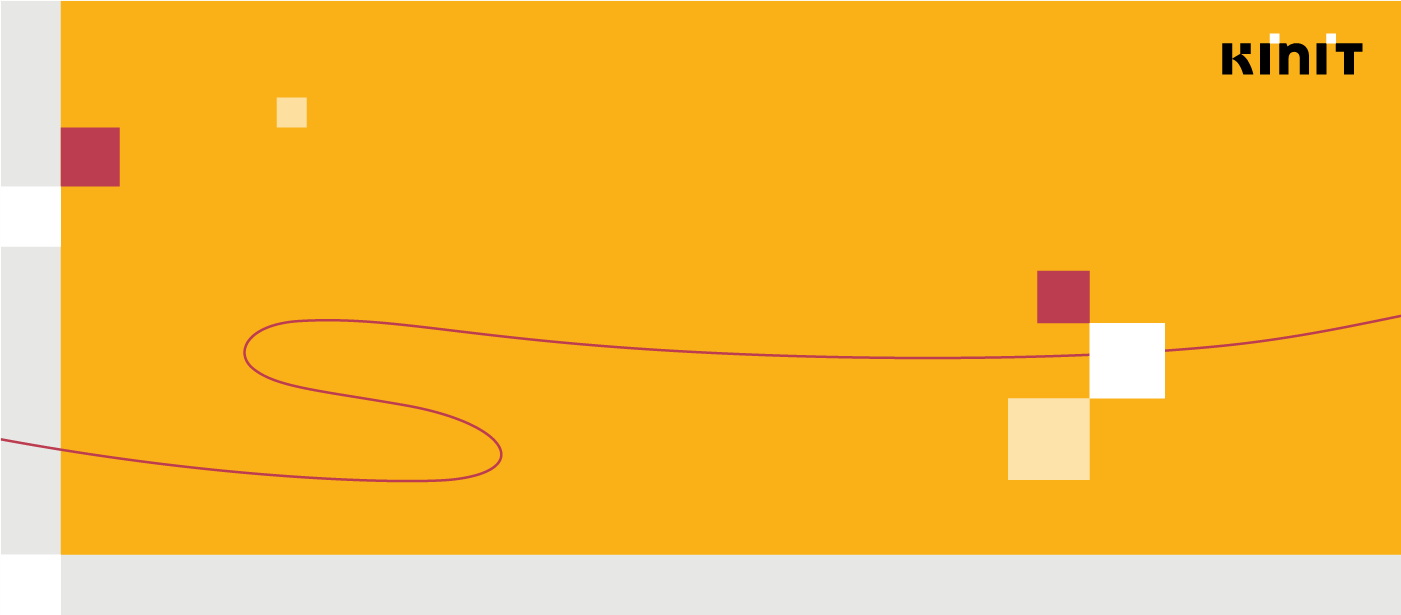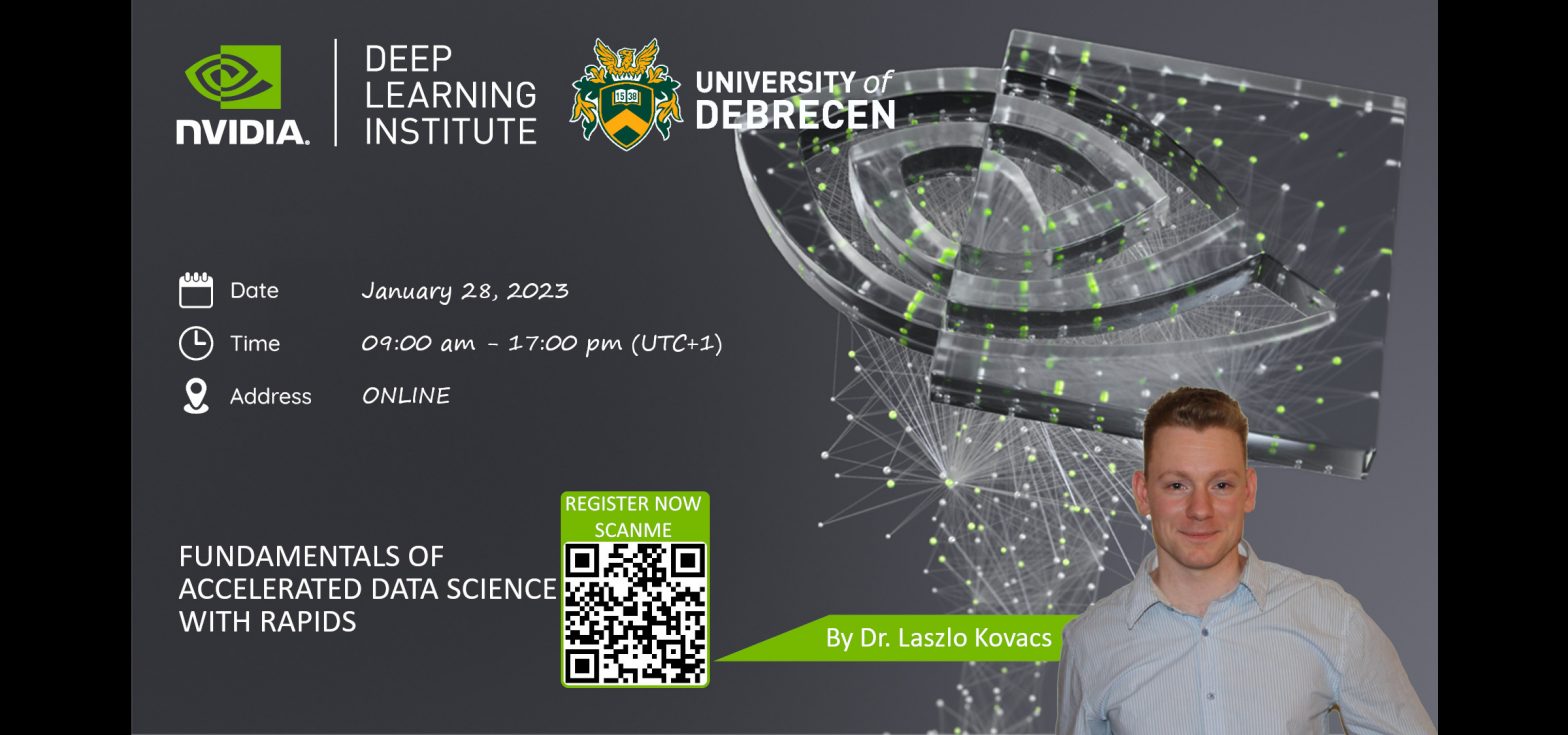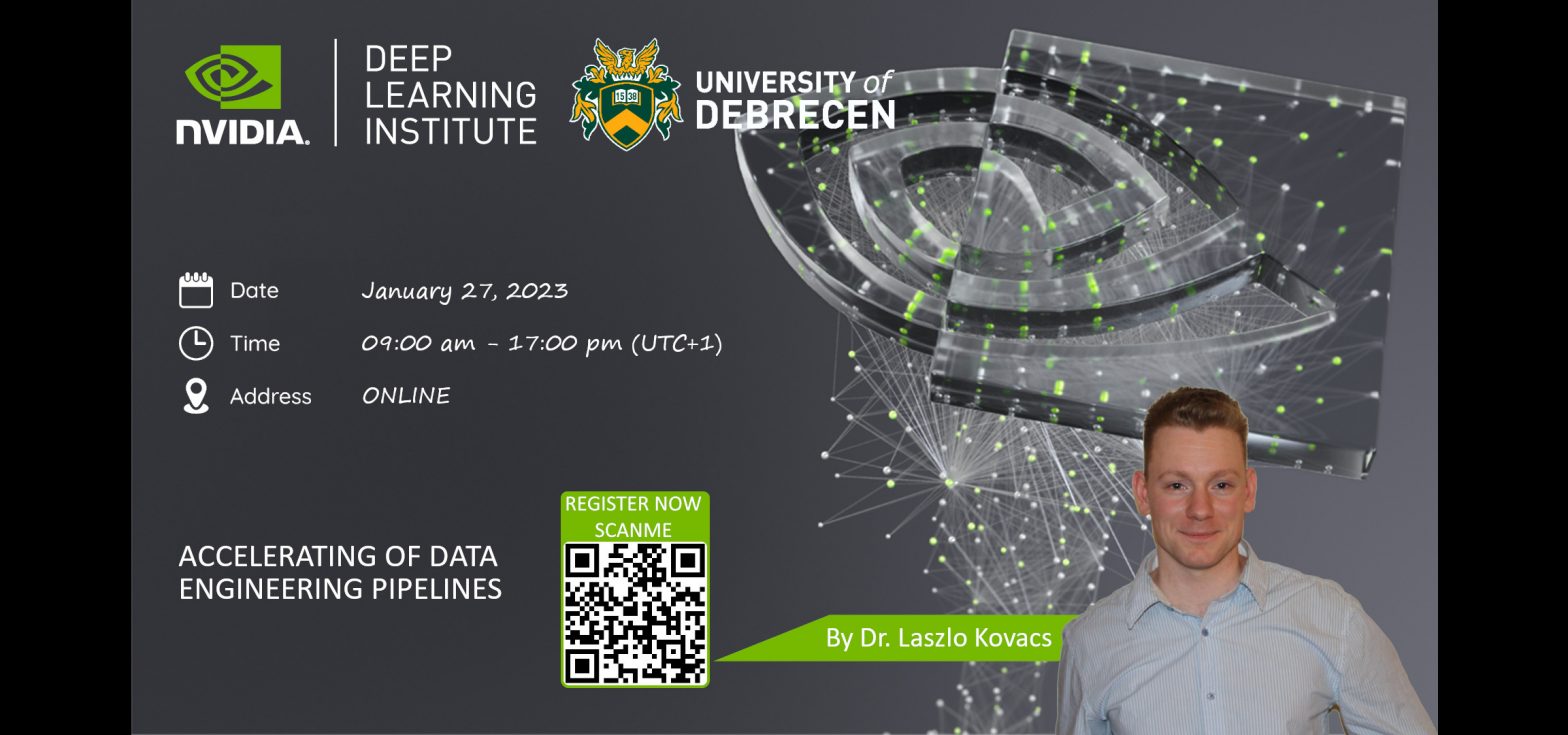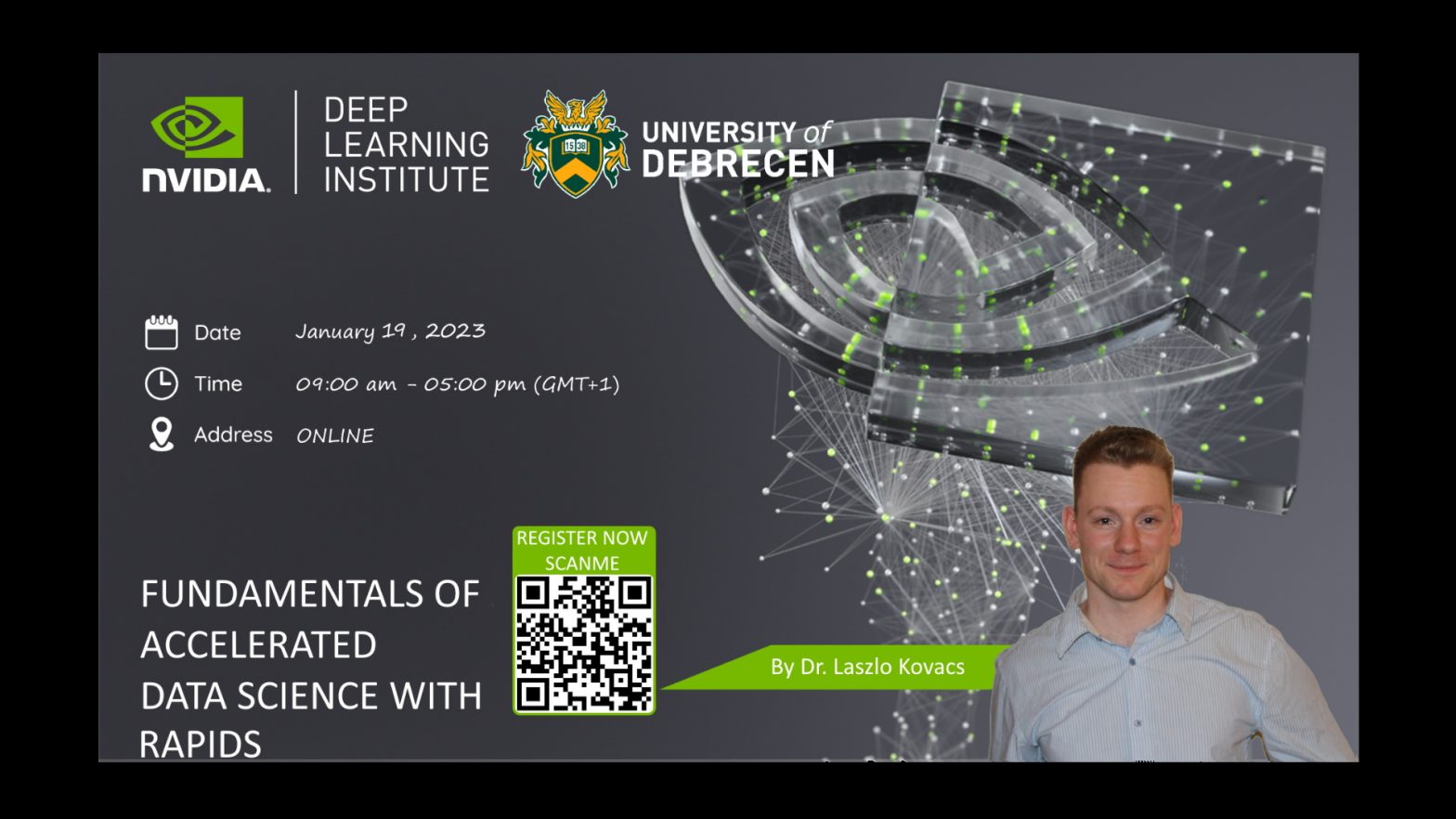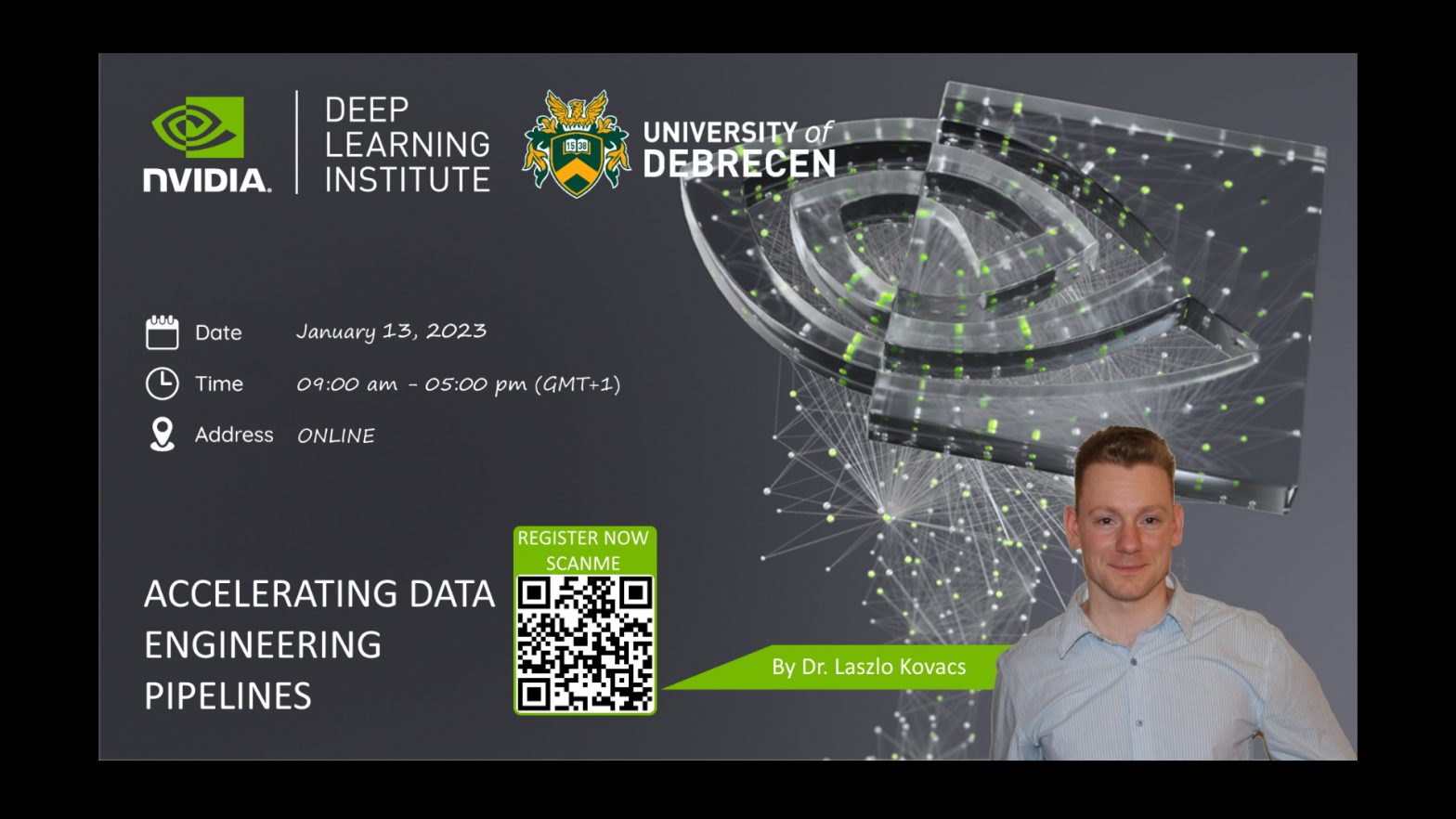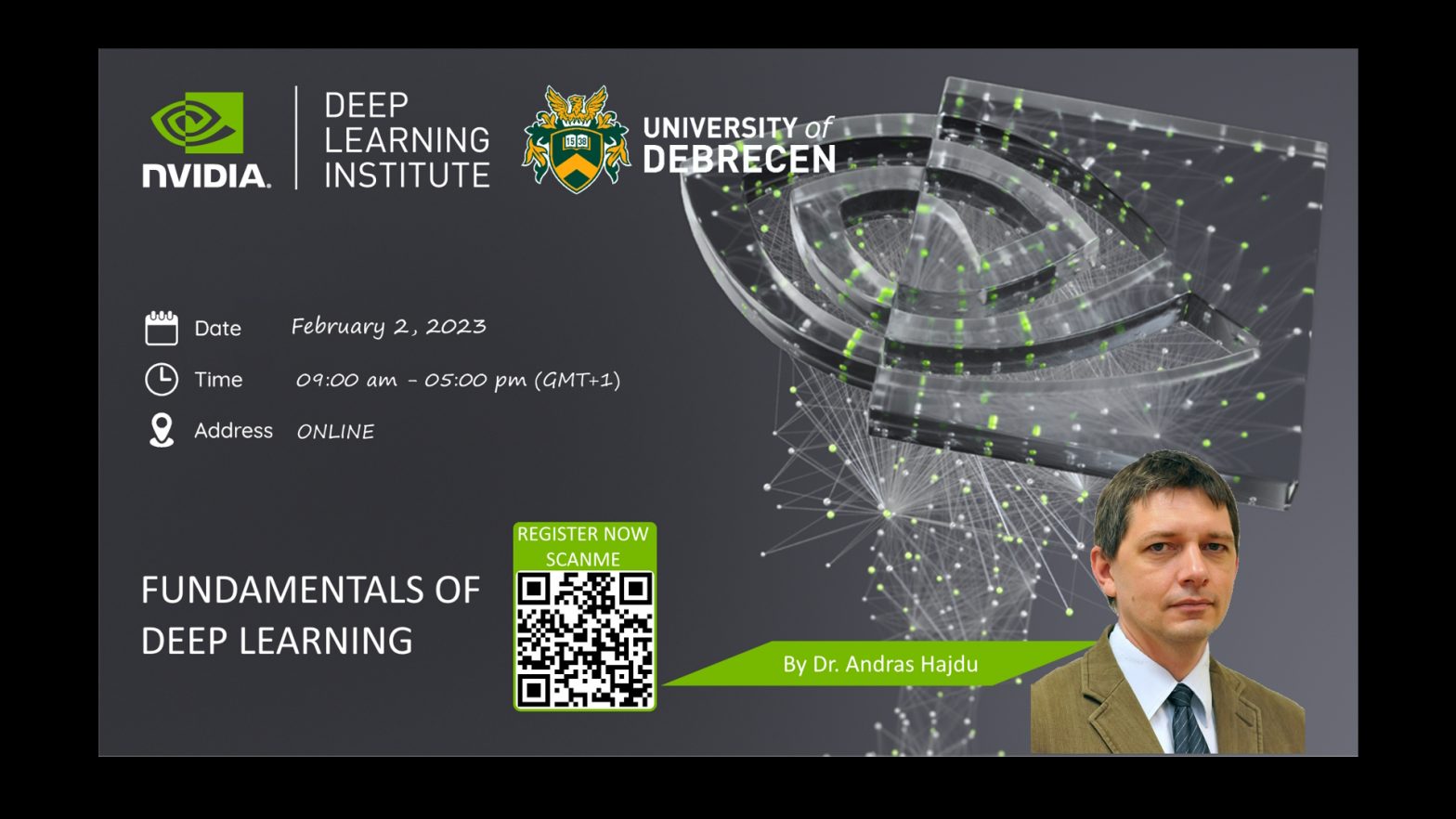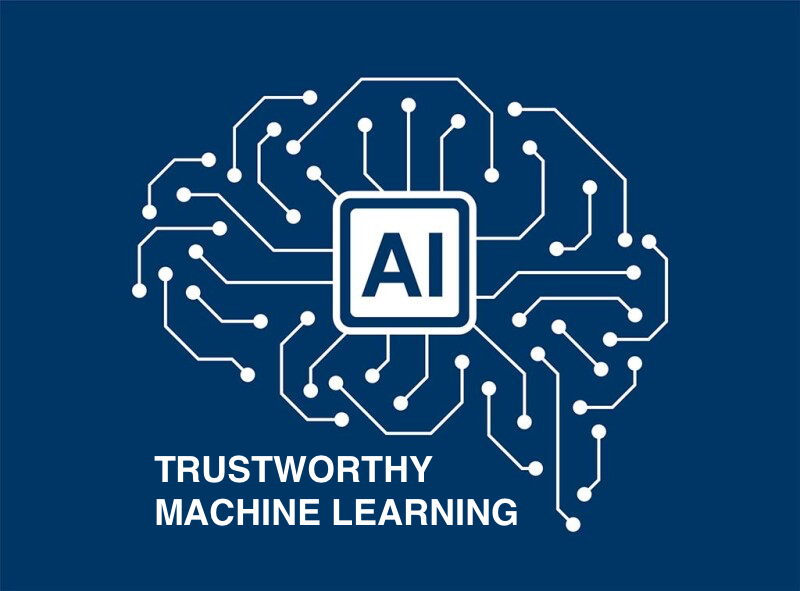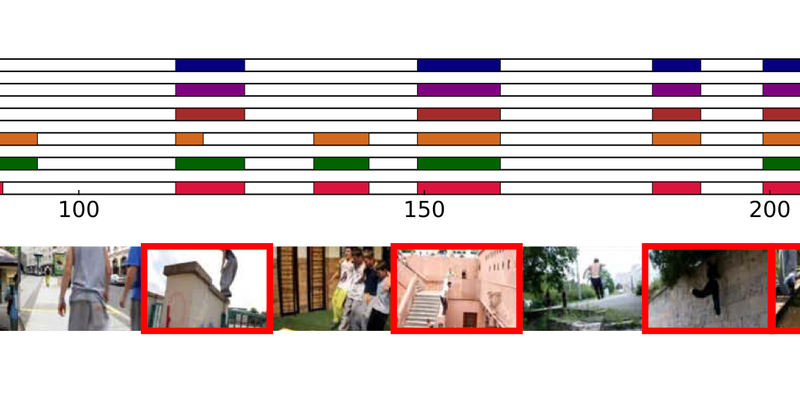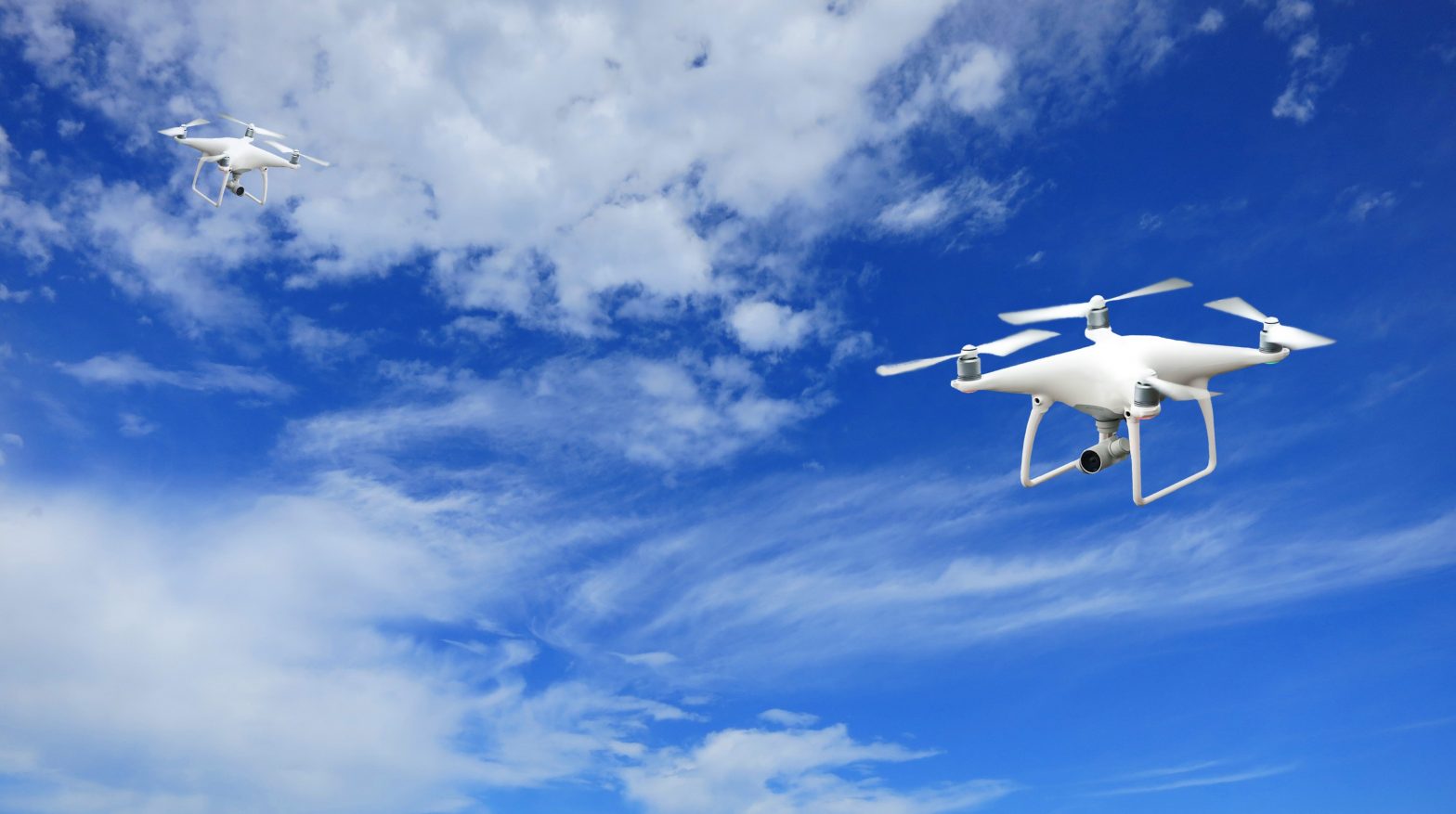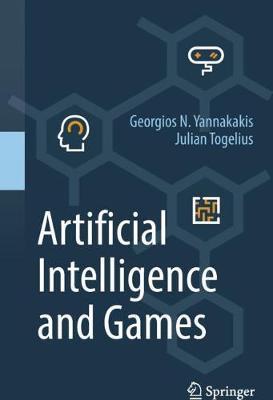Lecturer
Ricardo Baeza-Yates, ricardo.baeza@upf.edu
Carlos Castillo, carlos.castillo@upf.edu
Content and organization
This is a two-day short course about AI ethics and Fairness in link-based recommender systems.
The first lecture has three parts. In the first part we cover five current specific challenges through examples: (1) discrimination (e.g., facial recognition, justice, sharing economy, language models); (2) phrenology (e.g., biometric based predictions); (3) unfair digital commerce (e.g., exposure and popularity bias); (4) stupid models (e.g., Signal, minimal adversarial AI) and (5) indiscriminate use of computing resources (e.g., large language models). These examples do have a personal bias but set the context for the second part where we address four generic challenges: (1) too many principles (e.g., principles vs. techniques), (2) cultural differences; (3) regulation and (4) our cognitive biases. In the final part we discuss what we can do to address these challenges in the near future.
The second lecture covers two topics: the link prediction problem, and disparate effects of recommender systems. First, we will describe how link-level recommendation works considering both scoring-based methods and supervised learning-based methods, as well as describing evaluation methods for these recommenders. Second, we will study how recommender systems might have disparate effects. For instance, in the case of link-based recommenders, these disparate effects are evident if we consider groups that might be homophilic (i.e., having a strong tendency to link among them), as link-based recommender systems might generate more recommendations towards that group. We will cover various application scenarios for social media sites, from friend-recommendations to what-to-watch-next recommendations.
Level
Postgraduate
Course Duration
5 hours (2.5 + 2.5)
Course Type
Short Course
Participation terms
Both AIDA and non-AIDA students are encouraged to participate in this short course.
If you are an AIDA Student* already, please: Step (a): Register in the course here
https://forms.gle/PTMsP8N69NDsTanb9
AND
Step (b): Enroll in the same course in the AIDA system using the button below, so that this course enters your AIDA Certificate of Course Attendance.
If you are not an AIDA Student, do only step (a).
*AIDA Students should have been registered in the AIDA system already (they are PhD students or PostDocs that belong only to the AIDA Members listed in this page: Members)
Schedule
March 10 (17:00 – 19:30). March 11 (15:30 – 18:00) CET
Language
English
Modality (online/in person):
hybrid
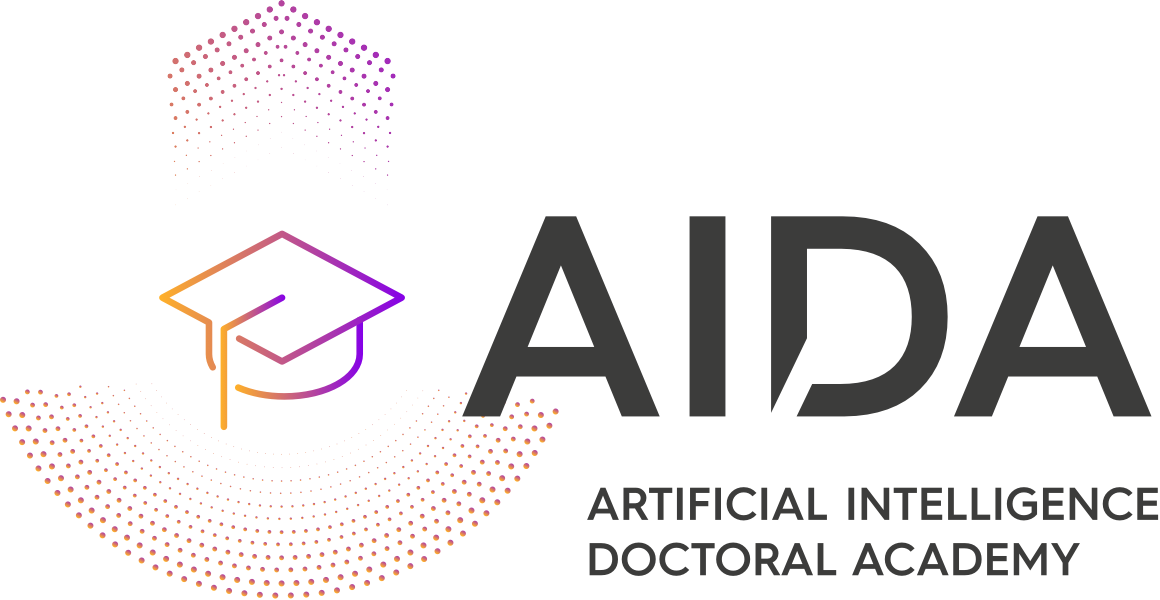
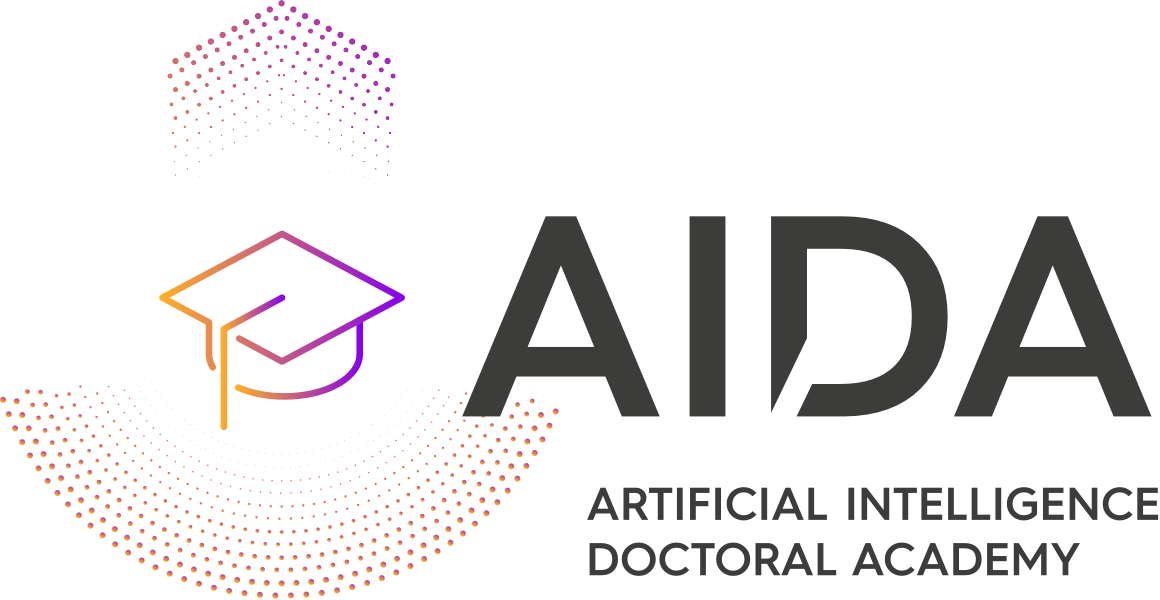

 Back to List
Back to List
